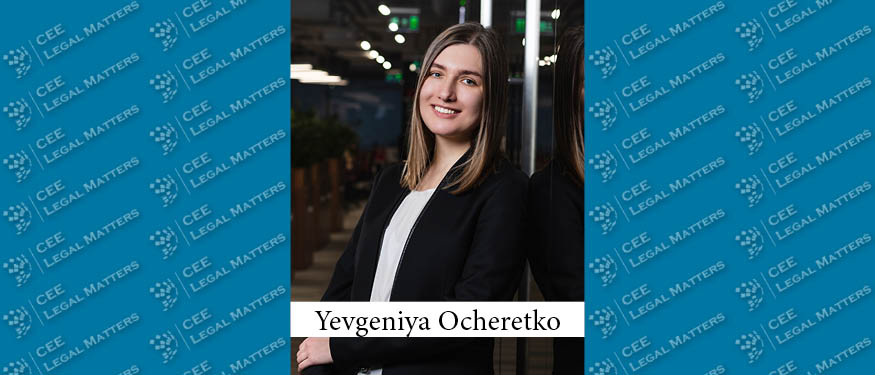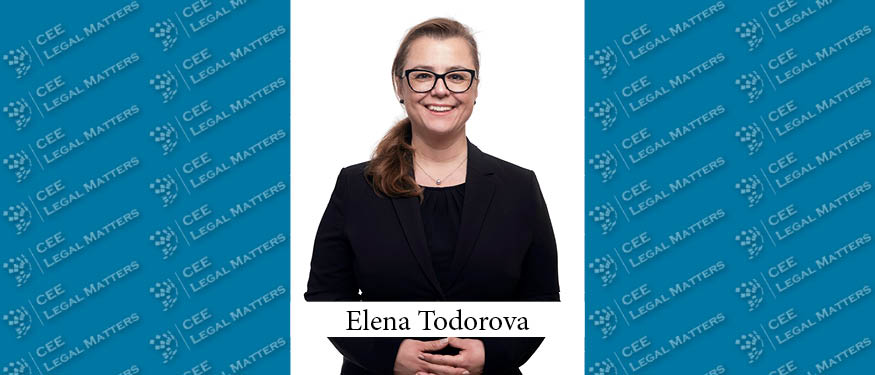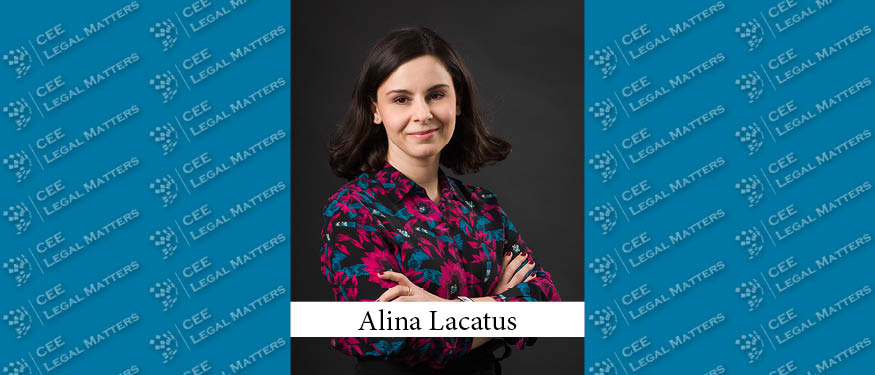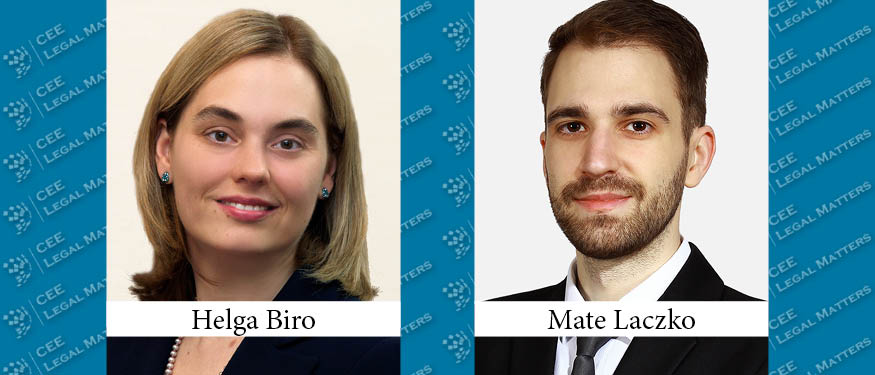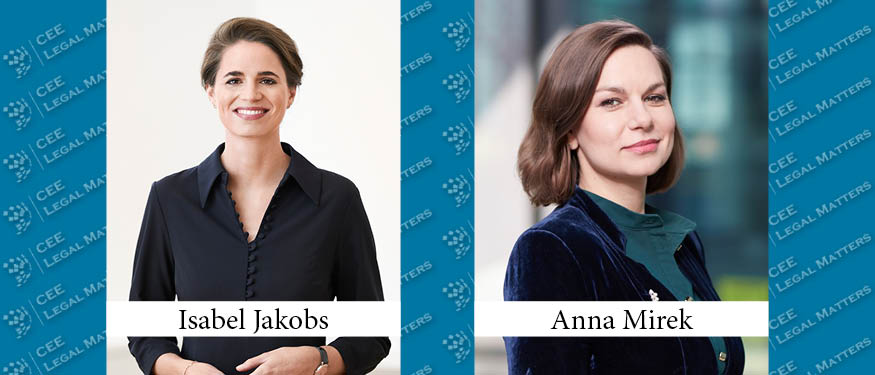Ukraine’s approach towards the circulation of cannabis has traditionally been strict: the cannabis market in Ukraine is not legalized, and the circulation of both cannabis itself and cannabinoids is generally prohibited. Both the Criminal Code of Ukraine and the Code of Administrative Offences of Ukraine provide for liability for illegal sowing or cultivation, manufacture, acquisition, storage, transportation, or shipment of cannabis.
Bulgaria: Recent Life Sciences Developments
In this article, we will review some long-awaited changes in Bulgarian legislation, as well as one particularly interesting precedent from the Supreme Court of Cassation case law. These were the highlights of autumn 2022 and we expect them to influence the development of national legislation in the field of healthcare/life sciences and consumer protection.
Serbia: Welcoming the Digitalization of the Healthcare System?
The “digitalization” buzzword can easily be found in the 21st century’s most-frequently-used vocabulary section. Something all businesses aspire to, digitalization can, depending on the specific area, represent a multitude of things, always being an inexhaustible power drive on a journey towards a modernized and efficient business playground.
Romania: Putting the Puzzle of the Pharmaceutical Sector Together
The Romanian pharmaceutical sector has been constantly subject to legislative amendments and also scrutiny by numerous (tax, competition, criminal, regulatory) authorities. The base law on the healthcare system alone was modified more than 170 times in 16 years. While each authority has dealt with its own matters when regulating this sector, one of the main shortcomings is the lack of an integrated approach that, to the benefit of Romanian patients, looks holistically at aspects from clinical trials to pricing and reimbursement and claw-back tax.
Hungary: New Trends in Investigations and Case Law on Medicinal Product Promotion
A new trend is emerging in the National Institute of Pharmacy and Nutrition’s (OGYEI) recent case law on medicinal product promotion in Hungary. The OGYEI is more active, imposes higher fines, and its investigations extend to longer time periods and to a variety of promotional practices of pharma companies, instead of focusing on specific infringements as before. In numbers, the OGYEI published two to three times as many decisions annually in the past two years than before. Further, the imposed fines regularly exceed USD 75,000 and, in 2022, the OGYEI imposed its highest fine (approximately USD 100,000) in the last ten years.
Poland: Advertising Medical Devices – The New European and Polish Regulatory Framework
Medical device manufacturers, importers, and distributors are advised to prepare for an important change in European and Polish laws on advertising for medical devices. Manufacturers do not always properly supervise their distributors in creating or revising promotional materials. This lack of oversight can lead to unexpected regulatory problems, especially under recent legal amendments. Preventive measures can help companies to avoid these problems.
Croatia: How the Pricing of Generics Affects Originators – A Case Study
The total consumption of medicines increased by 5% in 2021 compared to 2020. In financial terms, that is an increase of HRK 9.88 billion (or 17.4%) compared to 2020. Prescription-only medicines accounted for 92.9% of all consumption, while over-the-counter products accounted for 7.1%.

